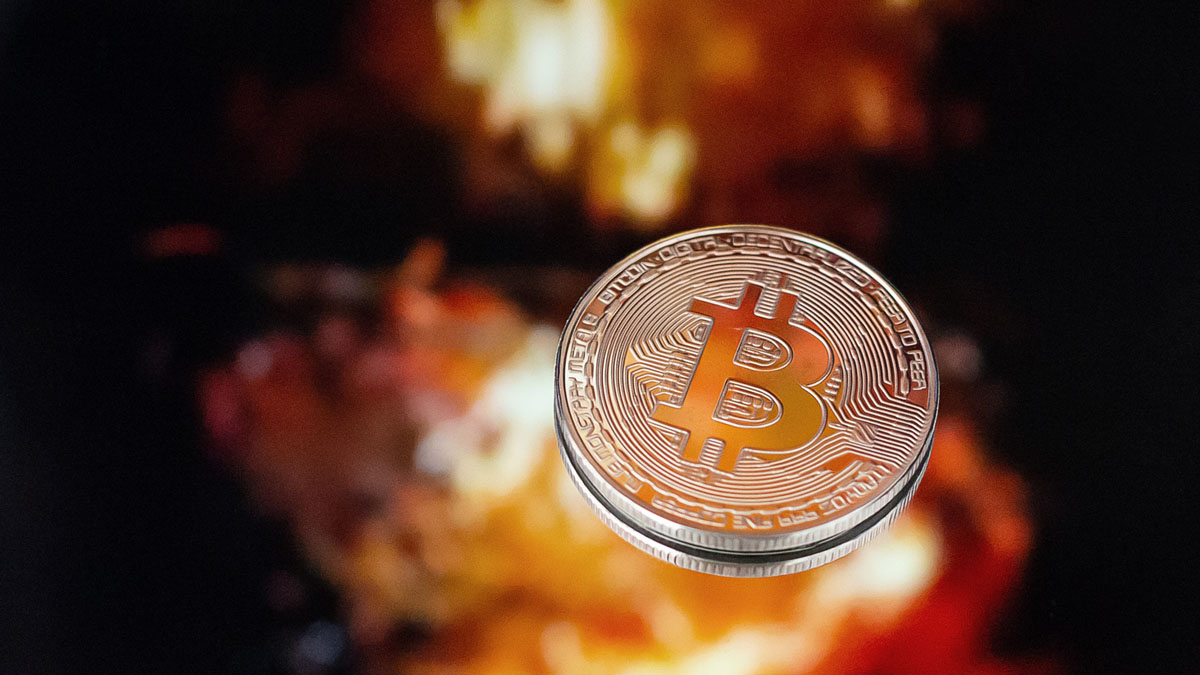Bitcoin and the broader cryptocurrency market are experiencing significant volatility as the Crypto Fear and Greed Index has plummeted to its lowest extreme fear level since January last year. The substantial drop in the index comes after Bitcoin failed to surpass the $60,000 mark twice within 48 hours, signaling potential further declines.
Why Has Bitcoin Dropped?
On July 11, crypto analyst Justin Bennett informed his 111,000 followers that Bitcoin’s price rejection at $60,000 indicates a rising wedge formation, pointing to impending downward movement. Bitcoin reached $59,485 on July 10 but fell to $57,000 within 12 hours, only to briefly rise again before another fall.
How Are External Factors Influencing Bitcoin?
The recent negative sentiment surrounding Bitcoin is partially due to Mt. Gox initiating repayments to creditors on July 5, potentially flooding the market with $8.5 billion worth of Bitcoin. Additionally, large-scale sales by the German Government, which transferred 16,254 Bitcoin to market makers and exchanges, have exacerbated the price decline.
Key Takeaways for Investors
- Monitor the Crypto Fear and Greed Index as it significantly impacts market volatility and trading volume.
- Be aware of large-scale Bitcoin movements, such as those from creditors like Mt. Gox and government actions.
- Stay informed about market trends and potential price patterns like the rising wedge formation mentioned by analysts.
The Crypto Fear and Greed Index, which now reflects heightened fear, affects market volatility by 25% and trading volume by another 25%. This index, which previously included market survey data, now relies more heavily on other factors due to the pause in survey data.
Bitcoin’s consistent downward trend in the index score began after it hit a score of 90, indicating extreme greed, on March 5. This score followed its all-time high of $69,000 in November 2021. As selling pressure increases, investors‘ asset liquidations have negatively impacted various market metrics, contributing to the ongoing market challenges for Bitcoin.













